
Masks Required for All In-Store Shoppers

To protect the health of Co-op staff and shoppers, all shoppers and other visitors on Ashland Food Co-op property must wear face coverings over mouth and nose except when dining in an approved area. As of November 11, 2020, face shields will not be permitted unless worn with a mask.
Those who are unable or choose not to wear a mask are welcome to use our recently launched eGrocery online shopping and curbside pickup service as an alternative to shopping in-store.
The Co-op currently serves over 2,000 shoppers per day on average, some of the highest foot-traffic in Ashland. Thanks to our precautions and safety protocols, no employees have tested positive for COVID-19, and we are striving to keep it that way.
With infections on the rise in Oregon and all neighboring states, and considering Ashland is a popular rest stop for those traveling, it is imperative that we take extra steps to protect our employees, our neighbors, and our community.
By visiting AshlandFood.coop/eGrocery, you can learn how to set up an account to shop online for curbside pick-up or for delivery in the Ashland area. (Additionally, you can use this service to order your favorite Co-op Kitchen food and beverages for quick pick-up at your preferred time.)
More Co-op News
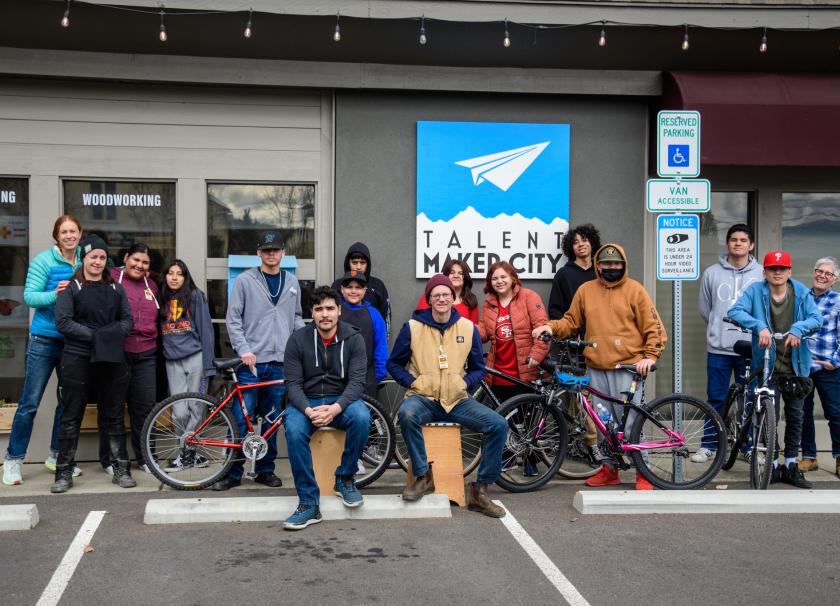
May 2023 Change for Good Partner: Talent Maker City
Talent Maker City's mission is to build a more connected, prosperous, and resilient community through hands-on creativity and innovative STEAM-based learning. (STEAM = Science, Technology, Engineering, Art, & Math.) They have a bustling Makerspace facility, brimming with creative energy in downtown Talent offering hands-on STEAM-based workshops and programming for curious minds of all ages!

Celebrating Cinco de Mayo
We're always learning and growing here at the Co-op and with the approach of Cinco de Mayo we thought we would share a (very) brief history lesson and some thoughts on celebrating this holiday here in the United States.
April 2023 Change for Good Partner: Pollinator Project Rogue Valley
From Kristina Lefever, Pollinator Project Rogue Valley President
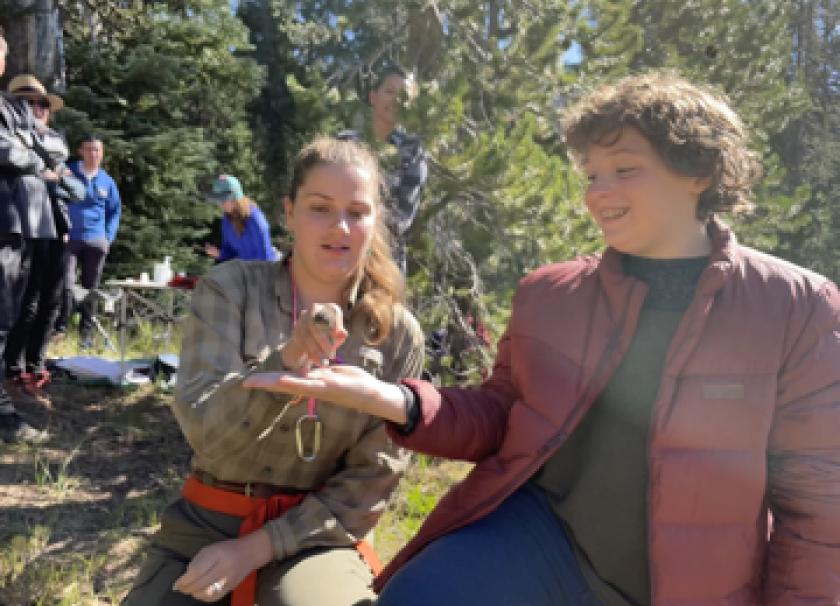
March 2023 Change for Good: Klamath Bird Observatory
From Klamath Bird Observatory, March 2023's Change for Good partner:

Frederick Douglass And Co-ops in 1846
When Douglass Came to Rochdale, England a Slave and Left a Free Man
By David J Thompson
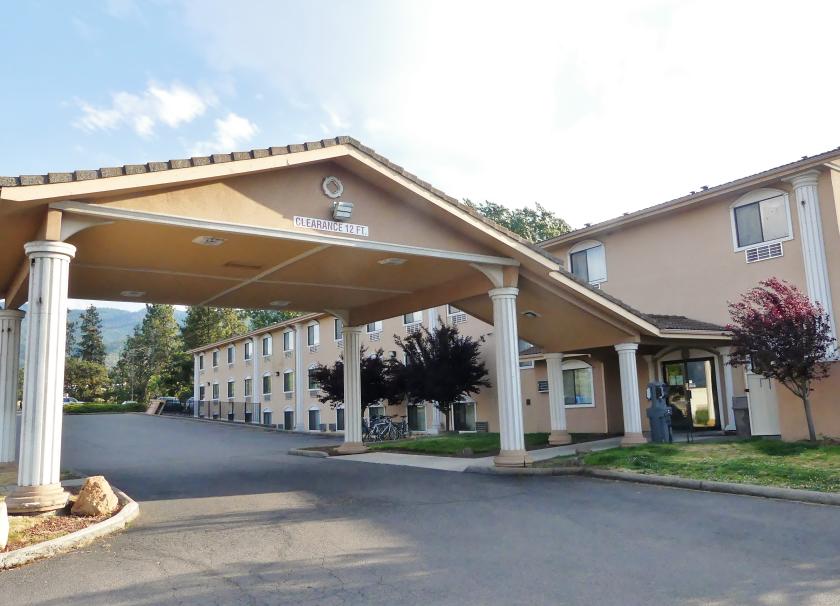
February's Change for Good partner: OHRA

OHRA helps low-income people build better lives through access to social service resources. By helping
people move from crisis to stability, OHRA builds more capable individuals, stronger families, and a
better community. We have three core programs:
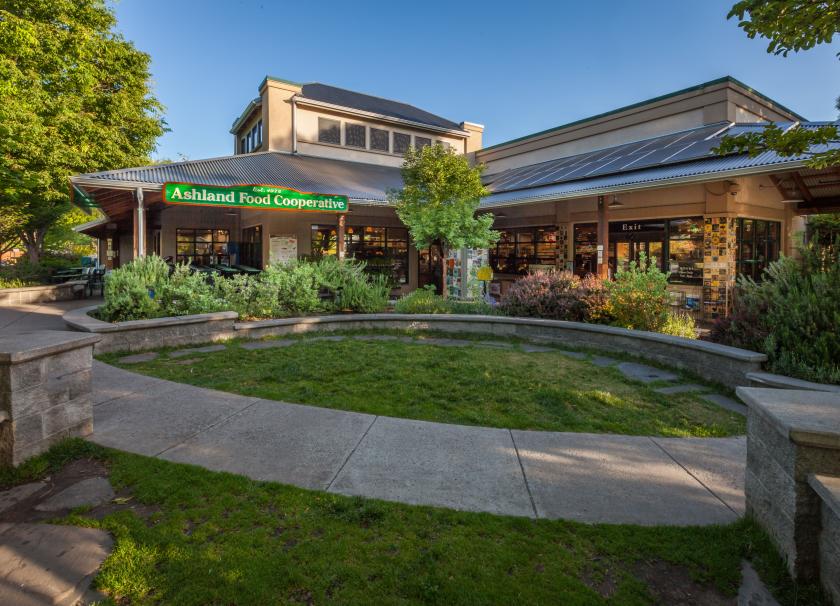
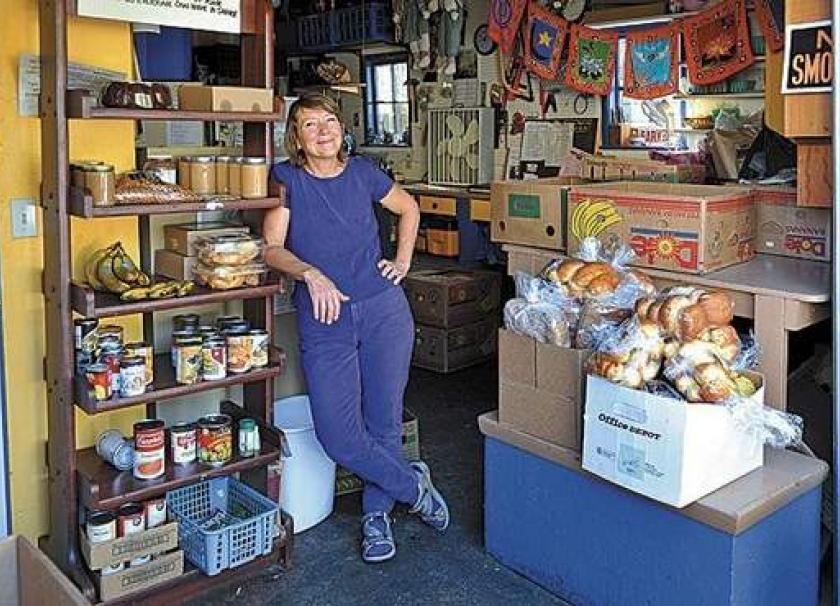
January Change for Good Partner: Ashland Food Angels

December Change for Good Partner: Rogue Action Center
December's Change for Good Partner is
Rogue Action Center
%20(1).png)
The Rogue Action Center (RAC) builds organizing infrastructure, leaders, and community power for a just, inclusive, and sustainable Southern Oregon for everyone.

November Change for Good Partner: Vesper Meadow Education Program

October Change for Good Partner: AFC Gives Community Fund
October's Change for Good Partner is
AFC Gives Community Fund


September Change for Good Partner: Truth to Power
September's Change for Good Partner is
Truth to Power
.png)
Truth to Power cultivates teen activism and community participation through social justice podcasts and transformative projects.


July Change for Good Partner: Ashland Food Angels



.png)

